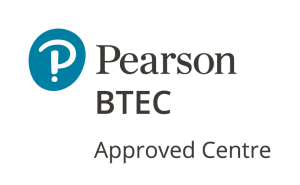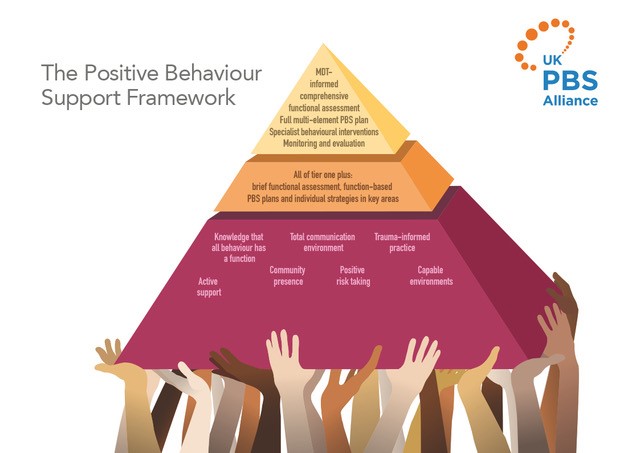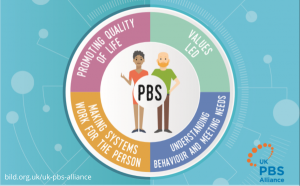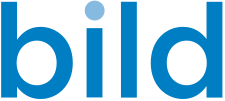BTEC Certificate in Positive Behaviour Support

If you would like to apply, submit our online application form here.
Course dates
Spring 2025:
Applications close 4th April 2025.
Course starts 28th April 2025.
Autumn 2025:
Applications close 3rd October 2025.
Course starts 20th October 2025.
Fees
For individuals:
Bild member: £799 + VAT
Non member: £880 + VAT
Find out more about Bild Membership here>
A cohort (group of six learners from the same organisation who go through the qualification together):
Bild member: £4,794 + VAT
Non member: £5,280 + VAT
Find out more about Bild Membership here>
The time given to complete this course (3 units) is 10 months.
This course is eligible for funding from the DHSC's Learning and Development Support Scheme (LDSS).

Qualification details
The Certificate is for people who provide direct support and it is a practice-based course. You can put your learning directly into practice and identify areas where you can directly improve the life of a person you support and make positive changes for them. You will gain confidence in working preventatively and will be able to recognise that behaviours of concern arise when the environment does not work well for people.
What is involved?

There are 150 learning hours in the Certificate. This is a level 4 qualification and it carries 15 credits.
The time given to complete this course (3 units) is 10 months.
The learning hours are a mixture of:
• online self directed activities (for example webinars, films, reading, interactive activities)
• practice-based activities (assessments, case studies)
• online group and individual tutorials, (discussion, reflection on new knowledge and skills and presenting work)
There are three units and you must complete them all to gain the Certificate. You will be supported through the certificate by an assigned tutor and you will complete the learning journey in tutorial groups of six people.
The Certificate can be further developed into a Diploma in Practice Leadership in PBS for those who want to develop their skills and knowledge further.
Assessment
Students will have knowledge and skills assessed through online assessments and practice-based assignments.
Course requirements
Students must have have level 2 English skills. Applicants must be working directly with users of their services, as having a 'focus person' for the entirety of the course is a mandatory requirement.
What does the Certificate cover?
There are 3 mandatory units:
Unit 1: Understanding Behaviours of concern and the role of Positive Behaviour Support (5 credits)
This unit provides the underpinning theory and knowledge to enable you to understand that behaviours that are often described as concerning are responses to environments that do not work well for people and experiences that they find difficult or distressing. It emphasises that inclusive, evidence-based and person-centred practice should underpin any response to such behaviour and that improvements to quality of life are a primary intervention.
It introduces you to the components, values and theory that make up the Positive Behaviour Support (PBS) framework and the levels of PBS implementation. You will be able to relate these concepts directly to your own practice and someone you support through the development of a case study. By the end of this unit, you will be able to explain to others and give real life examples of how PBS supports human rights and quality of life and wellbeing, by making the environment work better for the person and reducing the risk of crisis being reached. You will also be able to make informed recommendations to improve the quality of life of someone you support.
Unit 2 : Developing Capable Environments (6 credits)
The unit covers the development of capable environments for people who have behaviours that are seen as concerning or challenging by others. Capable environments are those environments in which people are able get their needs met and in which they can thrive. Capable environments focus directly on the areas of support that are associated with the reduction in occurrence of behaviours that are seen as concerning or challenging.
Understanding and implementing a capable environment for each person is the first level in the positive behaviour support framework and is an essential part of a systematic approach that promises substantial quality of life improvements for individuals, and carers and a reduction in the costs associated with specialist care and out-of-area placements. The unit content includes communication and choice , rapport and relationships, sensory preferences, physical and emotional wellbeing, trauma informed support and low arousal practices and Active Support .
Unit 3: Supporting Functional Assessment and intervention (4 credits)
This unit will give you the skills and knowledge to support a functional assessment and the opportunity to test out different methods of data collection and develop the skills needed to record objectively. On completion of this unit you will also understand your role in implementing and monitoring the success of a behaviour support plan.

